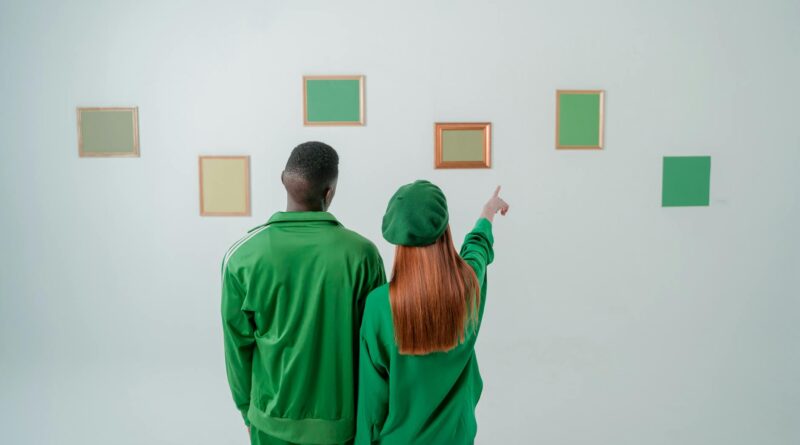Unlocking Creativity: The Enigma of Cannabis and The Artistic Mind
The fascinating dance between cannabis and creativity has intrigued thinkers, scientists, and artists for centuries. Whether it is music, visual art, writing, or even scientific innovation, many attribute their artistic inspiration to the use of this mind-expanding substance. But what does science say about this intriguing coupling between cannabis and the creative process?
Research into cannabis, typically focusing on compounds like THC and CBD, shows a complicated connection between the substance and creativity. In controlled studies, cannabis users often exhibit an improved capacity for brainstorming and thinking outside the box.
A well-known psychoactive compound in cannabis, THC, has been linked to heightened creativity. THC produces its effects by binding to cannabinoid receptors in the brain, which are part of the endocannabinoid system. This system is involved in a variety of functions, including pain sensation, mood, and memory. THC affects the release of neurotransmitters, leading to changes in thought processes – in some cases, sparking creativity.
Simultaneously, the non-psychoactive compound in cannabis, CBD, tends to promote relaxation and reduce anxiety. While more research is needed, some suggest that CBD can indirectly boost creativity by providing a calm state of mind, conducive to innovative thinking and artistry.
Additionally, it has been observed that cannabis can augment the phase of ‘divergent thinking’ during the creative process, which involves generating many possible solutions to a problem or idea. In other words, cannabis may enhance our ability to think broadly, associate freely, and explore unconventional ideas, which are essential components of creativity and innovation. This effect could be especially beneficial during brainstorming sessions, where thinking outside the box is highly valued.
Critically though, this relationship between cannabis and creativity does not seem to be linear. Higher doses of THC, in particular, can impair cognitive functioning, decrease motivation and trigger anxiety, which could inhibit creativity. As the saying goes, “too much of anything is not good,” it appears this principle might apply to cannabis as well when used for creativity.
Art therapy provides a significant context to discuss the relationship between cannabis and creativity. It is becoming increasingly recognized as a tool to help people express their emotions and cope with psychological distress. Some practitioners, therapists and clients alike, have been exploring the potential of cannabis use as an adjunct to therapy sessions, given its ability to potentially alter perceptions, ease mental rigidity, and enhance introspection.
While much anecdotal evidence supports cannabis use in creativity, it’s essential to recognize that scientific knowledge in the field is still evolving. The impact of cannabis on creativity is subjective and varies from person to person, rooted in individual brain chemistry, psychological makeup, dosage and strain used, and context of use.
As the ongoing conversation around cannabis continues, more open, exploratory, and innovative research needs to be undertaken to understand this complex plant’s influence on the neural substrates of creativity deeply. Until then, the relationship between cannabis and creativity will continue to exist as an enigma, capturing the imaginations of artists, thinkers, and researchers alike.
For those interested in exploring the potential of cannabis for boosting creativity, make sure to start slow, understand the effects on your unique body and mind, and -if you can- talk to a healthcare provider. Remember, balance and moderation are key.
So, can cannabis really stimulate creativity? The answer is probably yes – to an extent. But like all good art, there is a dash of mystery, a sprinkle of caution, and a lot of room for personal interpretation.
Sources:
1. Can Cannabis Increase Creativity?
2. THC, Creativity and the Human Brain
3. Does Cannabis Boost Creativity?
